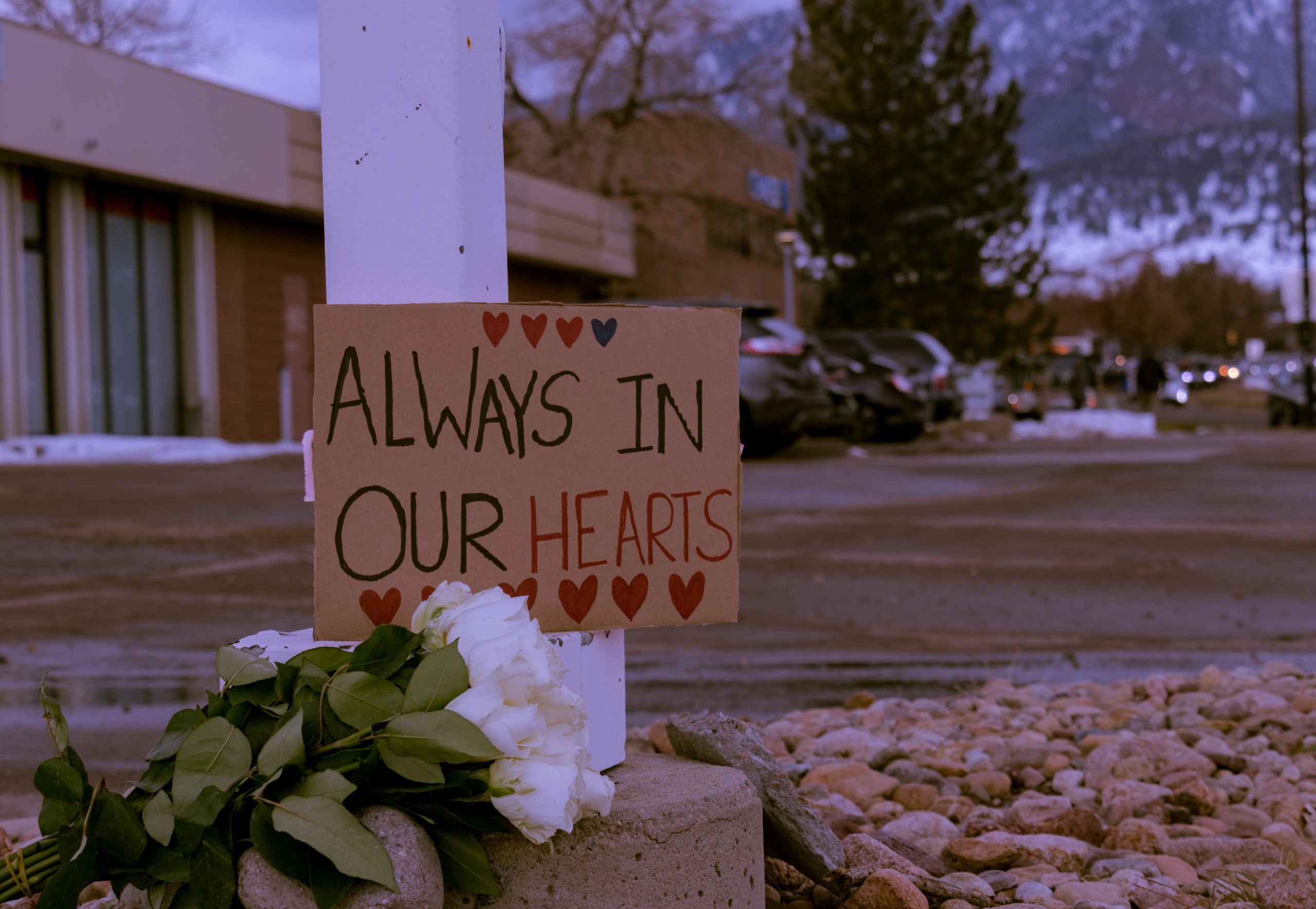Obama is Right About Disaffection

Like so many before them, the recent murders in Georgia and Colorado were always going to be the occasion for boorishness and casuistry from observers on both sides of the gun control debate. (The vicious bigotry now being directed at the almost inordinately law-abiding and decent Syrian immigrant community seems to me less inevitable.) It should be possible simultaneously to accept that there is room for sensible restrictions on firearm ownership while admitting that the absence of such measures, regardless of their scope and the degree of compliance with which they would be met, cannot account for the fact that butchery which would not be out of place in Kabul or Baghdad has become an unremarkable feature of American life.
It is not often that Barack Obama comes in for anything but a well-deserved drubbing on this website, and I have never numbered among his admirers. But whatever one thinks of his proposed remedy, he is right when he says that the “disaffection” of the shooters is part of a wearingly familiar pattern.
Disaffection these days tends to mean something like insubordination, a refusal to acknowledge that the people in charge ought to be there and a corresponding willingness to act as if they were not. But it also connotes unrest in a broader sense, alienation, the loss of content, the disappearance of various other loyalties; it suggests a lack of affect itself, of desire, of appetite, even of feeling.
It is their shared disaffection that explains why the young men who killed in Atlanta and Boulder have so much in common with their predecessors in Odessa, El Paso, Dayton, Virginia Beach, Parkland, Las Vegas, Sandy Hook—one could go on indefinitely.
“Mass shooters” (a neologism as fittingly ugly as the phenomenon it describes) are young and always male. They are pornography addicts and (though it is unpopular to say so) invariably fans of video games in which highly realistic depictions of killing are presented with the coldness of arithmetic. They are users of cannabis, whose psychosis-inducing properties are as unlikely to be discussed in polite circles as they are well attested in the medical literature. These men are socially isolated, and unlikely to have strong friendships, romantic attachments, or significant ties either to their families or to their communities. To a degree unusual even by today’s standards they spend a great deal of their time on the internet. Politically their views range from the furthest extremes of right and left to indifference; their would-be manifestos, when they issue them, are uniformly gibberish.
I do not think we can afford to ignore the fact that America’s mass shooters share many of these qualities with ISIS recruits, and members of Al Qaeda before them. If there is one thing that we have learned from the sociological literature on Islamic terrorism, it is that ideologies such as Wahhabsim tend to attract disaffected young men in comparatively wealthy countries such as Saudi Arabia for reasons that have very little to do with religious belief. Over and over again we read about the sons of well-heeled businessmen turning from the double life of performative Muslim observance and jet-setting debauchery to what they imagine is at least a coherent worldview.
“Humankind,” T.S. Eliot wrote, “cannot bear very much reality.” If neoliberal atomization and the technological augmentation of so much human experience have shown us anything, it is that we handle unreality even less well. Every bit as much as Mohamed Atta, one fears that in some inchoate sense that they could not have described themselves the shooters in Atlanta and Boulder were looking for something real. It is horrifying to consider the possibility that for a few fleeting minutes, they might well have found it.
Most of these qualities I have adumbrated are generational. If every young man who exhibited these characteristics were likely to commit mass murder, we would all have been dead long ago. Somehow in the absence of the visible conditions that should make it possible or at least meaningful, life goes on even for the immiserated thanks to some combination of fortuitousness, invisible grace, and, for good or ill, sheer ennui.
Which is why instead of proposing what in the narrow sense of the word would be considered a political solution to this problem, I will limit myself to observing that we must find a way to live in this world together, the real one inhabited by men and women and children rather than the digital simulacra we are all driving ourselves mad trying to create. We must do what we can to make it a less lonely place, and not only for those who are obviously out of sorts. A kind word in the supermarket checkout line, a shared glance, a wry or knowing smile, an unwonted (and no doubt unwanted) conversation at a party or in some less pleasant space, and, perhaps especially, a mumbled prayer for the stranger who seems to be having a rough go of things: all of these can do more good than we ever suspect. Short of some kind of Butlerian jihad—which is worth hoping for, I suppose—I do not see any other way of bringing the disaffected among us into human society.
I am not suggesting that we can do away with mass shootings or the conditions that give rise to them among other evils simply by being kinder to one another. But, especially in the absence of any obvious broad-based solution save for the unworkable one of nationwide gun confiscation, it is unlikely to make things worse.
Matthew Walther is editor of The Lamp magazine and a contributing editor at The American Conservative.
Comments